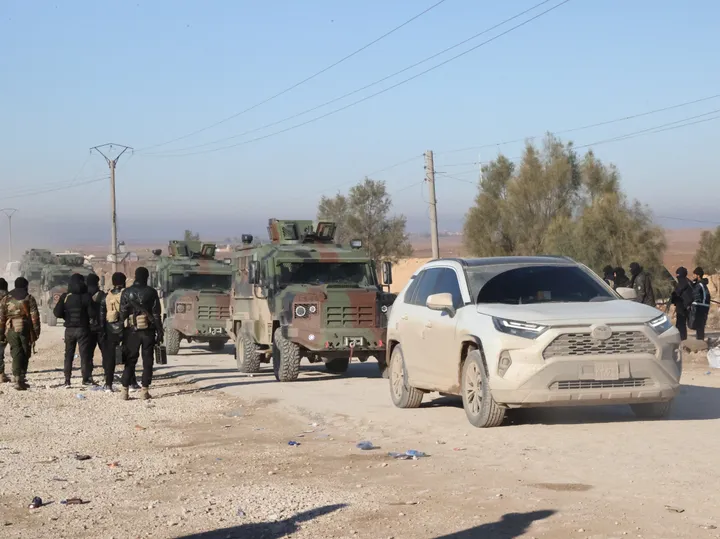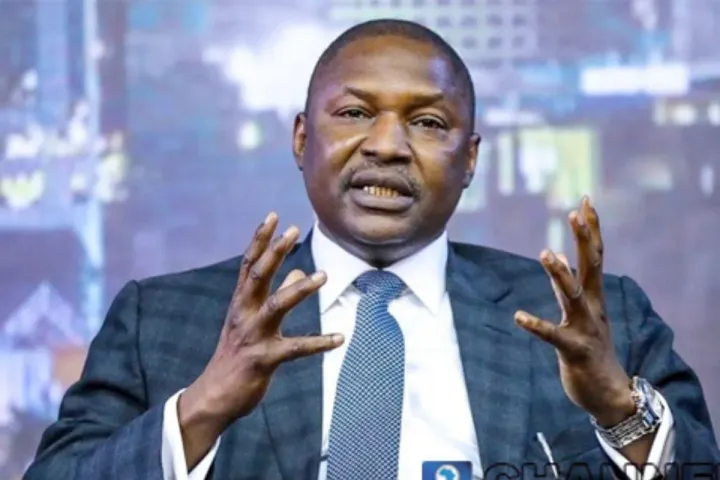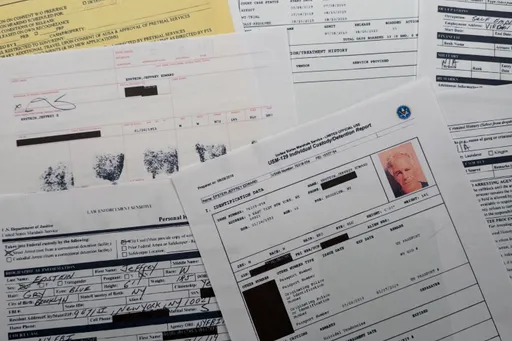The European Union (EU) moved one step closer to creating an army after it greenlighted thirteen new defence projects as it aims to challenge US military dependance.
After several months of negotiations between EU defence ministers, work will begin on patrol vessels, electronic jamming weapons for aircraft and technology to track ballistic missiles. The current projects are in addition to the 48 projects currently underway between member states.
The increasing pace of military projects in the EU comes as the French President Emmanual Macron declared that NATO is ‘brain dead’.
Macron’s comments have laid bare divisions within the organisation leading to the German Defence Minister Annegret Kramp-Karrenbauer contradicting Macron, arguing that "NATO remains a decisive cornerstone" of the security of the continent.
Professor Peter Schulze, a lecturer of Political Sciences, International Relations and Russian Studies at Georg-August-Universitat Gottingen in Germany, argues that while Germany supports the idea of creating a joint European army at the moment, it’s little more than “lip service”.
“Europe must emancipate from US interest and dominance, but at the same time, it will rely on US security guarantees,” Schulze told TRT World.
He adds that the idea is “well-positioned and more than overdue” but says it will present a dilemma.
“A European army will be a special force serving particular European interests and here comes the problem: who defines European interests? France?”
Macron in 2018 called for a “true European army” and in June of this year several nations including France, Germany, Belgium, Denmark, the Netherlands, Estonia, Spain and Portugal, signed up to a European military intervention force which would deploy rapidly around the world.
“‘We must protect ourselves with respect to China, Russia, and even the United States,” declared Macron, striking a similar tone to another French leader suspicious of American leadership in Europe, President Charles De Gaule.
Macron’s controversial call at the time was greeted by tentative approval from Angela Merkel, who, in a thinly veiled swipe at Trump, argued that “the times when we could rely on others are over.”
The initiative, however, has come under fire from several quarters. Not least US President Donald Trump, who called the idea “very insulting”. At the time Trump savaged the idea of a European army arguing it didn’t work out too well in World War II.
France and Germany in particular, find themselves in a precarious relationship with the United States, which has questioned the existence of NATO.
European powers feel increasingly uncomfortable and are coming to the realisation that Washington moving away from Europe under Trump may not be a short term event but a harbinger of the future state of the transatlantic relationship.
France’s role in pushing the EU to establish its defence and security mechanism is partly rooted in the country’s suspicion of NATO and US power.
It was De Gaule, the then President of France, who took France out of the integrated military command of NATO (though not its political command) and asked American and NATO troops to leave French soil in 1966.
France later rejoined NATO in 2009. But that Gaullist suspicion of American military and political influence over Europe has always irked France in particular which has sought a “Europe ruled by Europeans.”
Elisabeth Braw, writing in the Wall Street Journal, argued: “European strategic autonomy, while it may be politically appealing, is military unrealistic.”
Britain has traditionally been one of the main restraints against a European army. Since it voted to the EU in June of 2016 France has used the opportunity to drive its European army agenda at full speed.
Many analysts believe that US security guarantees for the continent will not be easy to dismiss and that, more disappointingly for Macron, only a “minority of EU member states will be willing to join such project,” said Schulze.























